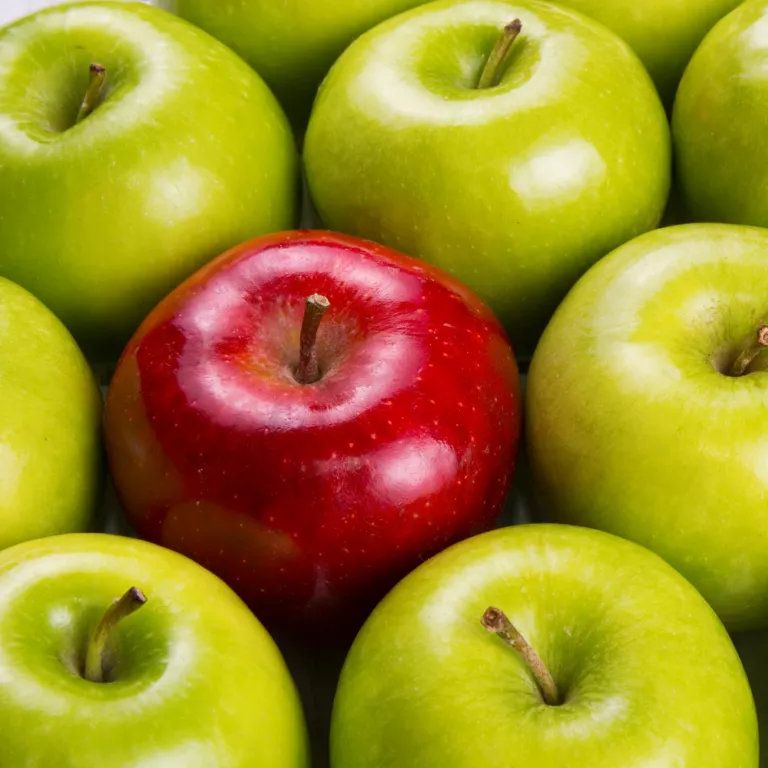
A single exposure to 1-MCP can temporarily render apple fruit insensitive to ethylene and delay the onset of the rise in ethylene production within climacteric fruit. Similarly, 1-MCP delays the rise in respiration and softening. According to the research by Randy Beaudry and Chris Watkins, a single postharvest application could prevent quality loss for an extended period (> 30 days) at ambient (24°C) temperature relative to non-treated controls.
A leading post-harvest company conducted a study using three concentrations of 1-MCP that were applied to apples for 12 hours at 20ºC. Apples were examined after 1.5, 2, 4 and 6 months of storage at 0.5ºC followed by a shelf-life period of 7 days at 15ºC.
1-MCP treated apples were firmer and less ripe than control fruit after storage and had higher levels of titratable malic acid and soluble solids. Untreated fruit developed superficial scald that was exacerbated with increased storage duration. By contrast, 1-MCP resulted in scald-free fruit for the full 6 months of cold storage and during the 7-day shelf-life period.
Treatment of apples with 1-MCP products may also have positive environmental effects. Reports by first generation producers show that 1-MCP helps customers preserve the earth’s resources and minimize their carbon footprint as the technology has made the supply chain for apples more sustainable by reducing over 10 million tonnes of carbon dioxide emissions out of the air in the U.S., France and Italy, which translates to 1.94 million homes’ electricity use for one year.
Fresh Inset has taken this revolution to a new level by patenting a timed and gradual release 1-MCP technology that is used directly in packaging. With controlled release, this technology can be easily used in produce categories that were not easily accessible to the first generation 1-MCP products. This will enable Fresh Inset to take the 1-MCP revolution into new produce markets to continue the success story of using 1-MCP to reduce food waste globally.
If you want to learn more about our game-changing solution, please read Tim’s other blog article “Vidre+: A Revolutionary Product”.
